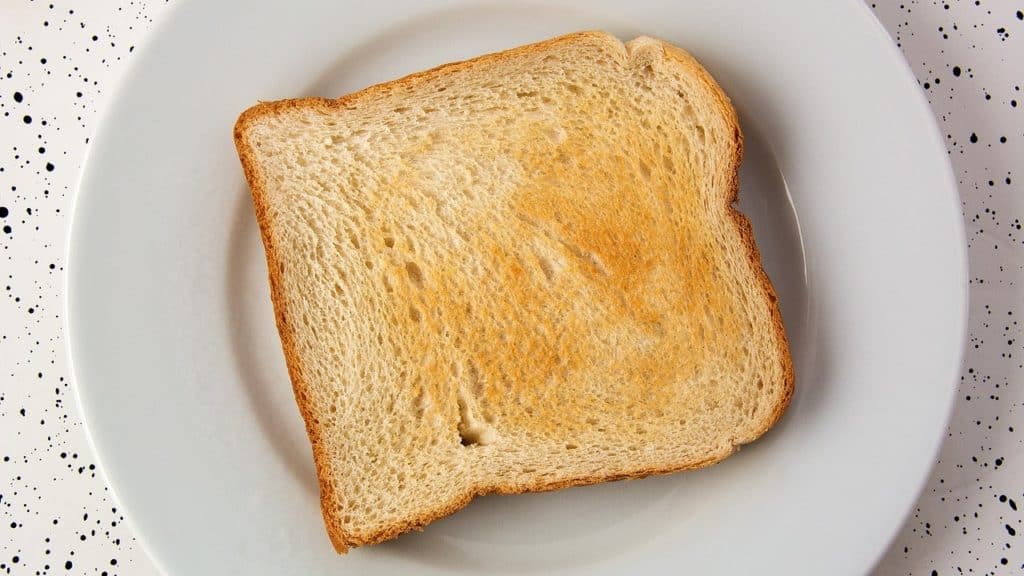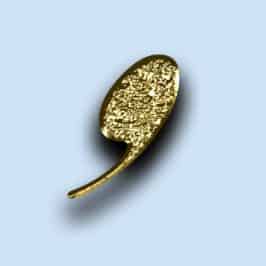
These common phrases have a food-related theme, but you may be surprised by their origin. Prepare to be amazed!
Cheesy
Everyday meaning: Used to describe a lyric or plot line that is contrived, full of tropes, and/or overly sentimental.
Example of use: That song is so cheesy!
Origin: No one knows for sure, but theories include: an ironic reversal of the British use of ‘cheesy’ (dating from 1858) to mean showy or fine, or from US student slang (dating from 1896) meaning cheap or inferior.
Eating humble pie
Everyday meaning: To accept humiliation, often with an apology.
Example of use: She had to eat humble pie and say sorry.
Origin: Interestingly, this phrase doesn’t seem to have its origins in the word ‘humble’. Umble pie (without the initial ‘h’) was made from umbles, or offal and entrails, and was eaten by the lower classes or served at a banquet to the lowly people of the manor. It seems the clever wordplay of Dickens popularised the saying ‘to eat humble pie’ when he wrote in David Copperfield (1850), ‘I got to know what umbleness did and I took to it. I ate umble pie with an appetite.’ (Said by Uriah Heep.)
Gone to pot
Everyday meaning: Used to describe something or someone no longer in peak condition.
Example of use: Since I started working full time, my garden has really gone to pot.
Origin: Dating back to the sixteenth century, this phrase refers to cuts of meat that had dried up and were past their best. They were chopped up and put into a stew, in other words, ‘gone to the pot’.
Saving one’s bacon
Everyday meaning: Preventing loss or harm to oneself or someone else.
Example of use: Thanks for helping me last week; you saved my bacon.
Origin: There are a couple of possibilities here. It either originated in the 1600s, when ‘bacon’ was a slang term for the human body (similar to the expression ‘to save one’s skin’). Alternatively, this expression is far, far older and arose as a metaphor from the practice of protecting the prized winter store of bacon from scavenging dogs. Take your pick!
Toast
Everyday meaning: To raise one’s glass in honour of someone else.
Example of use: Ladies and gentlemen, let’s toast the bride.
Origin: In the twelfth century, it was common practice to dip spiced toast into wine or beer to draw out some of the acidity. In the 1600s, the act of raising a toast began. Apparently, the idea was that the person being toasted was a figurative piece of toast improving the flavour of the wine.
Over to you
Which food-related words or phrases do you know that we use in everyday language? Drop them in the comments!
If you liked this post, you may also enjoy the others in the series:
- Everyday English phrases with sporting origins
- English words and phrases of (surprising) French origin
- Common English phrases involving animals
Thanks to Albert Jack’s Red Herrings and White Elephants and Harry Oliver’s March Hares and Monkeys’ Uncles for providing me with some of the source material for this article.
Disclosure: Some of the links on this page are affiliate links. This means, at zero cost to you, I will earn an affiliate commission if you click on the link and finalise a purchase. This helps me to keep this website running. I only recommend products and services that I trust and am comfortable endorsing. Find out more.









Alice Zammit-Maempel
These two just off the top of my head:
Cut the mustard
Curry favour
Debbie Emmitt
Great suggestions! The source of ‘cut the mustard’ seems to be debatable – https://www.dictionary.com/e/cut-the-mustard/ – whereas ‘curry favour’ seems to be more well known – https://www.dailywritingtips.com/to-curry-favor/